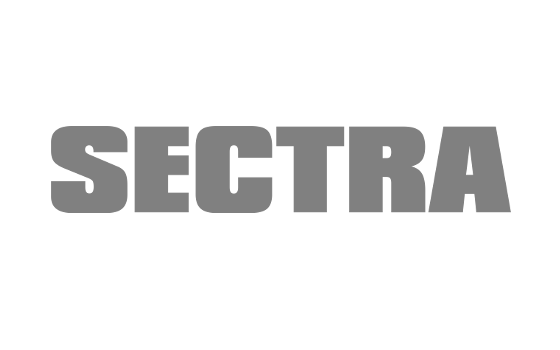 A consortium of NHS trusts around the south coast of England has signed its second deal this year with imaging technology provider Sectra, in a move that is expected to advance how hospitals share and access important diagnostic imaging. A new shared multimedia archive will also allow the trusts to accelerate ambitions for initiatives including artificial intelligence.
A consortium of NHS trusts around the south coast of England has signed its second deal this year with imaging technology provider Sectra, in a move that is expected to advance how hospitals share and access important diagnostic imaging. A new shared multimedia archive will also allow the trusts to accelerate ambitions for initiatives including artificial intelligence.
Known as SWASH, the consortium includes Portsmouth Hospitals NHS Trust, Isle of Wight NHS Trust, Salisbury NHS Foundation Trust, Southern Health NHS Foundation Trust and University Hospital Southampton NHS Foundation Trust.
Under the new arrangement, the trusts will move from an existing vendor neutral archive (VNA) to Sectra's VNA to store imaging for the region.
Mark Gardner, PACS manager at Portsmouth Hospitals NHS Trust, said: "Moving to Sectra's VNA will be a big win. We will be able to administer, store and make available millions of images, of different types and from different disciplines, from hospitals across our region, all in a single place without the burden of having to manage infrastructure."
The arrangement will alleviate traditional burdens placed on trusts, freeing up significant resource and equipment from trusts' computer rooms, for which they have historically been individually responsible.
Sectra will use its cloud to securely store the new region-wide archive and to host its picture archiving and communication system (PACS) - a tool already used by radiology professionals in the consortium to interrogate diagnostic images. This follows an announcement earlier in 2020 that SWASH had signed an eight-year contract with Sectra that would see a single instance of its PACS delivered across all of the trusts, removing technical complexity previously required to support a single view of patient imaging across the region.
It is hoped that the latest agreement will take regional working to the next level and allow imaging to easily be shared with hospitals outside the consortium.
Dr. Mark Griffiths, paediatric radiologist and clinical lead for the SWASH consortium, said: "Linking with other regions is an important next step. Our strategy is to improve our visualisation of the whole patient pathway within SWASH and beyond. Using a standard for cross-community sharing will help us to better connect with other regional consortia. That will be a game changer - to not just see local imaging, but to understand imaging has occurred for patients who move across borders and services, and to be able to access that imaging myself as a clinician, without needing to ask someone else who might not be in the office at the time."
Having access to imaging in the new VNA is also expected to help the consortium make use of emerging artificial intelligence applications.
"This creates a wealth of data for purposes such as AI," says Dr. Griffiths. "Data for training algorithms needs to be appropriate and validated. We won't simply be throwing data at AI, but by having a modern collective data source as a consortium we can use our size to help with the validation and governance around using AI. And we anticipate that Sectra will provide multiple inputs from smaller AI suppliers, that will make it much easier for NHS trusts within a consortium to utilise them."
Jane Rendall, Managing Director UK and Ireland at Sectra, said: "SWASH is one of our longest standing partners, and we are proud to continue to provide the tools to advance their imaging strategies that are ultimately focused on delivering better patient outcomes. Work here is genuinely world class as a demonstrative example of exceptional regional collaboration in diagnostics."
About SWASH
The SWASH PACS Consortium (Salisbury, Wight and South Hampshire Hospitals) formed in 2011 to procure a new PACS, RIS and the associated data centre hosting. Post procurement the services went live in 2013. The integrated medical supplier services provided under the contracts awarded enabled imaging to be shared between trusts in the consortium without the requirement of the Image Exchange Portal. SWASH has remained together as a consortium over the last six years with a strong governance structure. The trusts remain committed to working closely with suppliers, each other and external trusts to further develop image sharing in terms of seamless image sharing outside the consortium and also incorporating other types of images and reports.
About Sectra Imaging IT Solutions
With more than 30 years of innovation and approaching 2,000 installations worldwide, Sectra is a leading global provider of imaging IT solutions that support healthcare in achieving patient-centric care. Sectra offers an enterprise imaging solution comprising PACS for imaging-intense departments (radiology, pathology, cardiology, orthopaedics), VNA, and share and collaborate solutions. Read more about Sectra and why Sectra PACS is "Best in KLAS" at https://medical.sectra.com.